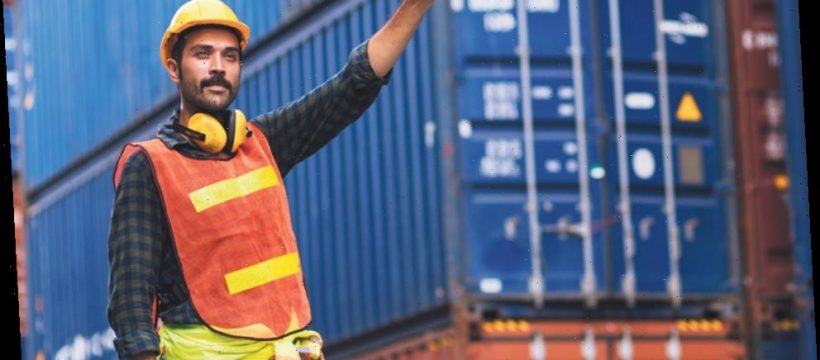BUSINESS owners across the UK are busy preparing for the end of transition on December 31, 2020, when we’ll leave the single market and customs union – and if your business exports to or imports from the EU, it’s time to make sure you’re ready too.
Whatever the outcome of the UK’s current negotiations, there are steps that all businesses that trade with the EU will need to take – including making import and export declarations to move goods between Great Britain and the EU.
Most businesses will use a third party to handle these declarations, such as a freight forwarder, fast-parcel operator or customs agent, and Davies Turner, a family-run freight-forwarding business with branches across the UK, advises business owners
who haven’t started preparing to ask for expert advice now.
“Our job is to move goods around the world for importers and exporters, and that includes giving advice on customs procedures,” says global sales and marketing director Alan Williams.
“Not just for the UK, but also for the country of destination. As we’re an approved third party with customs, we can basically hold a business’s hand through the whole process.”
What you need to do next
Find more information on all of these steps at gov.uk.transition
Make sure you have a GB EORI number, which you’ll need to complete customs declarations.
Decide how you’re going to make customs declarations – by using a third party, or by dealing with them yourself.
See if your imported goods are eligible for staged controls. Most traders with a good compliance record will be able to defer import declarations on most goods for up to six months after January 1, 2021.
Decide how you’ll account for import VAT when you make a customs declaration, and check if import VAT is due at the border.
Check the controlled goods list to see if you need to complete declarations from January.
Check the UK Government’s tariff tables and consider how your trade will be affected.
To help businesses deal with transition, the UK Government has put together a simple to-do list at gov.uk/transition. Pro Steel Engineering, based in Pontypool in south Wales, has used it, and has opted to employ a freight-forwarding company to manage the change.
“I went on a course run by the Chamber of Commerce and learned that you have to dot all your i’s on your paperwork, or it can cause you problems,” says company director Richard Delby. “I went through the checker on the website, and it was a good reminder of what needs to be done. We hope the change will bring more opportunities.”
Meanwhile, Meander Apparel, a technical clothing company based in Scotland, is getting ready by making sure it has a GB EORI (economic operators registration and identification number), and the right tariff, customs and commodity codes in place.
“My advice is to be flexible,” says founder Jill Henry. “There’s a lot of information on the website, and we’re all going to be in a similar boat in terms of extra tariffs and duties, but we’re going to keep doing what we’re doing, and we’re feeling positive.”
Source: Read Full Article

